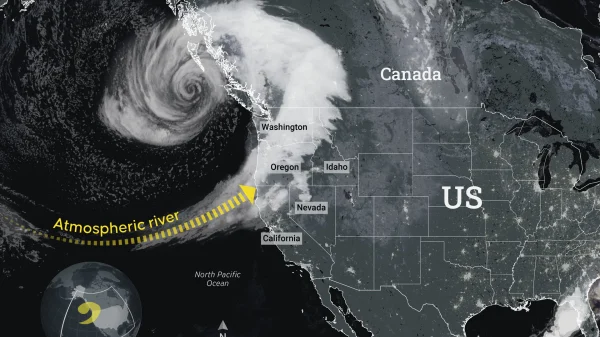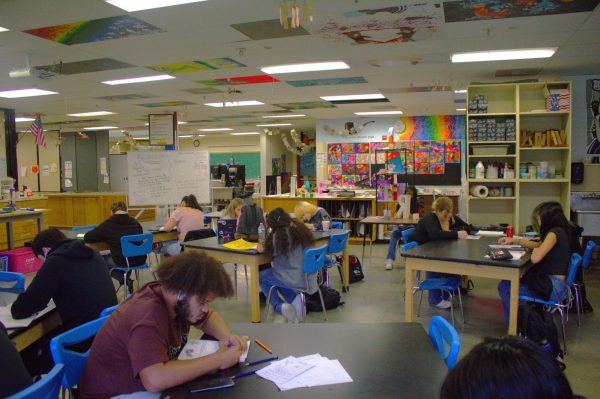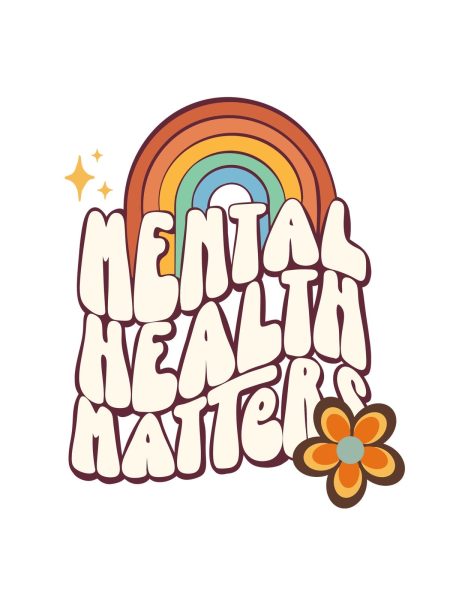The Impediment in our School Systems
While many would disagree with the fact that the state of our education systems could use some revision, school system barriers have reached an all-time climax in suppressing students from receiving a top quality education- a fundamental right that should be a top priority. Nonetheless, this Diploma is critical for many students in combating poverty, inequality, and unemployment-issues that aren’t typically addressed in a school environment.
Students are beginning to become static in meeting graduation requirements-necessary in order to receive this diploma. School systems are prioritized, the general welfare of students, top quality education resources and equitable opportunities are not.
Good quality learning resources are necessary for success, but how many kids are rejected or given non-equitable opportunities due to impoverished backgrounds? Lack of equity and funding for these learning materials in education is one of the biggest issues in our education systems. Exceptionally intelligent students are neglected of their abilities, and underestimated just because they can’t grasp a certain concept. A concept that fits within a box of limitations defining your intelligence. It is in these adolescent years where we should be reaching a peak in imagination, creativity and happiness. The truth in the matter is, school is limiting this imagination, or even the belief in possibility. Possibility that a different route can be taken, or that a bad score doesn’t mean a bad future. Low test scores are promoting lower self esteem and the devotion in students who are already struggling under pressure is long gone the second they get a bad grade slapped on a piece of paper.
We’ve reached a point in our society where we’ve established this norm that kids who don’t perform well in school aren’t capable of being successful in the real world. As cliché as it is, we all have strengths and weaknesses. Some of us excel in certain subjects, others don’t. Realistically speaking, most of these concepts won’t even apply anywhere after high school. Instead of taking classes that interest students, or actually prepare them for and would allow them to discover their passion- perhaps even what they want to pursue career-wise. We’re practically forced into these three year math, four year English requirements with little say in our schedule. Not to mention students who struggle in these subjects fall into credit recovery if they fail a class. How many high school graduates lack proficiency in basic writing and reading? It all appoints our school systems and their prime concerns.
More so, we should focus on attaining valuable life skills such as learning how to be financially stable or independent. How to manage money, become a homeowner/pay off a property, and avoid being in debt our entire lives- an American predicament affecting millions. As unfortunate as it is, there is no instruction manual to becoming a multimillionaire. But as Eddy Zhong once said, “No one has ever changed the world by doing what the world has told them to do”.
The blame is not appointed towards anyone here, not students, not teachers, not educators or lawmakers. Identifying/analyzing issues among school communities is much easier said than taking action. Actually implementing this change or taking executive measures needed to better our education systems is an initiative in the right direction yet to be taken.











